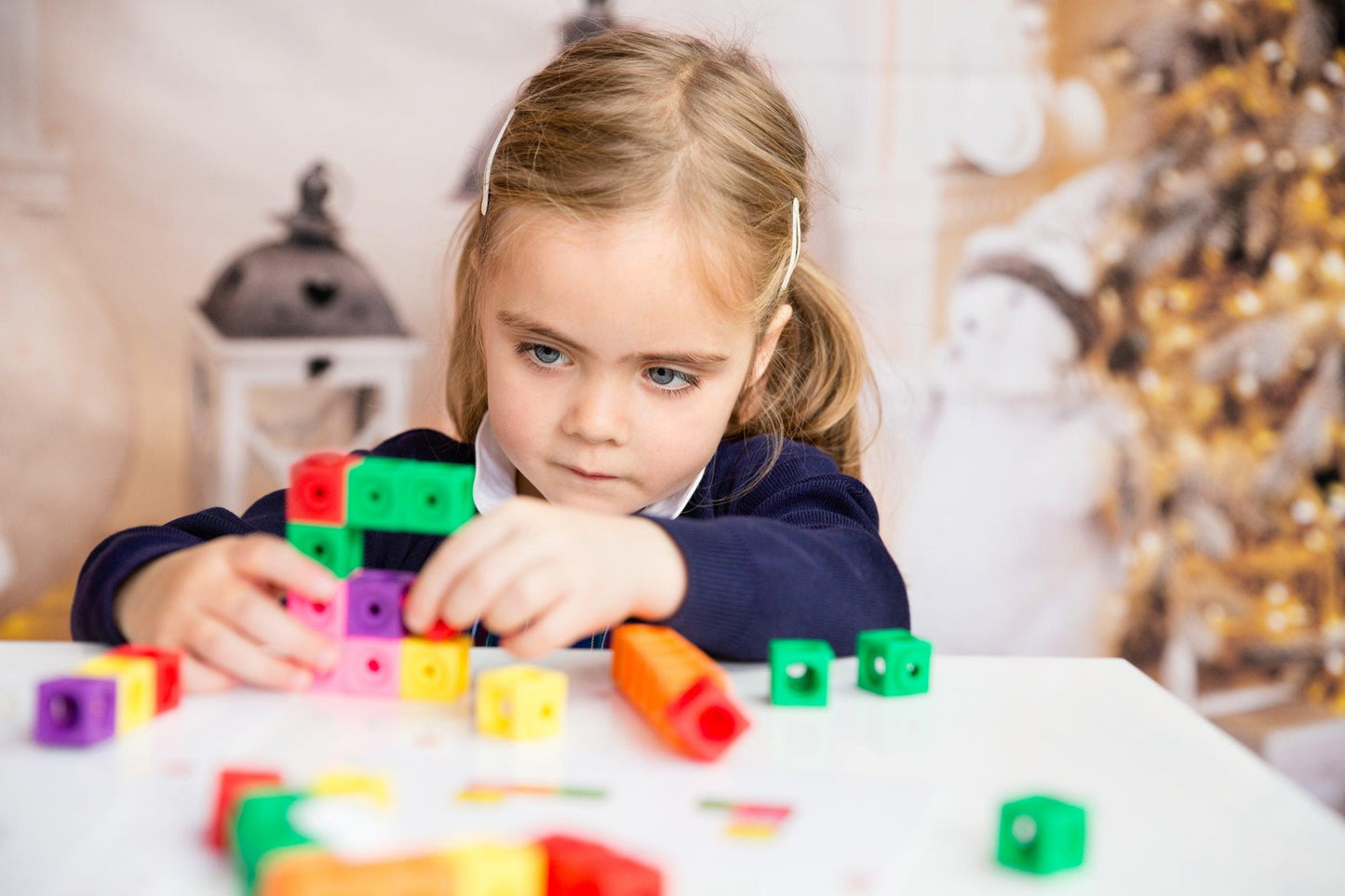
Let’s look at the social and emotional learning why is it important, how is it developed and why we integrate this through play in the early years.
First of all, let’s establish what is social and emotional learning learning (SEL), why it is vital for all children. It is an educational concept that helps kids gain skills in important areas beyond academics subjects math, science, reading, and other core school subjects
The last few years have brought forward many issues that children face from managing their emotions, being able to self regulate have empathy for others and so much more. In education we talk a lot about children social and emotional development. These are important skills for children as we all know not all children will develop at the same time.
SEL allows children to identify their feelings, understand and communicate with others, build strong relationships and make good empathetic choices. As caregivers this is just as important to show children the blue print and to be role models to our children.
When Children are playing they are understanding the world and themselves which contributes to the development of SEL. The key 5 areas of competence for social and emotional learning for children are

- Self-awareness
- Self-management
- Social awareness
- Relationship skills
- Decision-making / or as we like to say responsible decision-making
Let’s look more into these areas for SEL competencies and skills they develop;
Self-awareness;
This is self explanatory however it Is being able to understand your emotions and thoughts and how they influence your behaviour. This will include skills identifying emotions, self-perception, recognising strengths and self-confidence.
Self-Management;
This is the ability to regulate your emotions and behaviours in different situations being able to set and work toward goals. This will include skills like executive function, self-regulation, stress-management, and self-discipline.
Responsible Decision-Making
The ability to make choices and take responsibility for positive and negative outcomes. A key for children’s emotional well being and a great skill to have as they grow into teenagers where there will be social and peer pressure to make responsible decisions. This will include skills from identifying problems, analysing situations, solving problems, and reflection
Social Awareness
The ability to understand social and ethical norms in behaviour, to recognise family, friends and community resources and support. Also to be able to build positive relationships and make responsible decisions. This will include skills like empathy, appreciating differences, and respect.
Relationship Skills
The ability to make a friend, be part of a family, community and even classroom. To establish and maintain healthy and meaningful relationships with others. This will include skills like communicating clearly, listening, cooperation, resisting negative pressure, resolving conflicts, and supporting one another.
Ways to integrate the key competencies for SEL at home and in the classroom
- Be Present and Observant. Simply show that you are actively listening providing a meaningful connection. When playing with the Rainbow Pebbles show an interest in their designs, ask questions about the colours, sizes, designs and inspiration. These are open-ended activities there is no right or wrong just endless opportunities for children to play and learn.
- Create a supportive atmosphere where children can talk or show (non-verbal) how they are feeling, whether it be frustrated, happy, sad, surprised discuss issues and emotions. Children need to feel supported whilst they learn to self-regulate and manage those big emotions. When children are doing construction activities they will be problem solving, not all the towers built will have the right foundations at first an may fall down. This can result in a child upset, however be supportive whilst trying to calm and explain the next step to make it again with stronger foundations. With fun creative activities like using the linking cubes Theme Park Construction set is a great educational toy for children and caregivers to play with together.
- Share experiences as your child’s first teacher, mentor it is important explain to them that it is ok to make mistakes wether it is to colour outside the lines, spill water or sand in messy play and also allow them to have their own experiences. Feeling frustrated is normal however it is the emotions and how we deal with them that is important. As caregivers we need to show a blueprint for these feelings. Messy play is a great way to share different experiences. If we use a sand and water tray.
- Stimulate discussion try to stimulate discussion, however through play you might find this more effective. Children love to communicate through play. Engage children in an activity. Try being active with your children try being active participating with your children and ask them how high they can jump. Even play with the joey jump see how the bean bag flys talk about how you are surprised when they go high or low.
- Give your children the Opportunity for free play to understand themselves and the world explore all the opportunities to go through all the emotions from being surprised with the end result. Try painting a picture or building a new animal.

Positive social and emotional development is important. This development influences a child's self-confidence, empathy, the ability to develop meaningful and lasting friendships and partnerships, and a sense of importance and value to those around him/her. Even young adults to develop healthy identities manage emotions, achieve personal goals, feel and show empathy for others, establish and maintain supportive relationships.
Looking forward to help children to be socially and emotionally supported, so lets, play, learn and create with edx education toys and resources.
View our full range of educational products for children of all age groups, abilities and developmental stages: https://www.shopedx.co.uk
By Heather Welch, International Brand Manager, Edx Education



